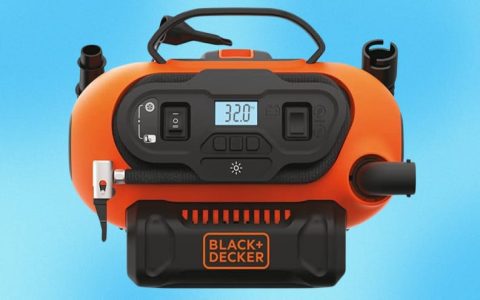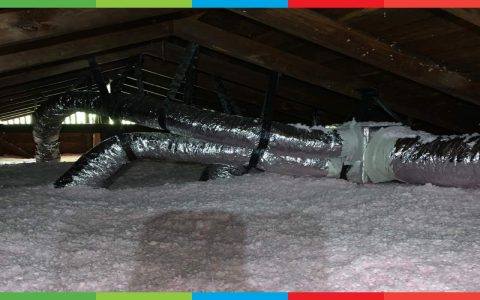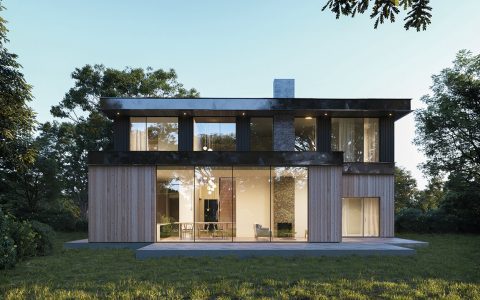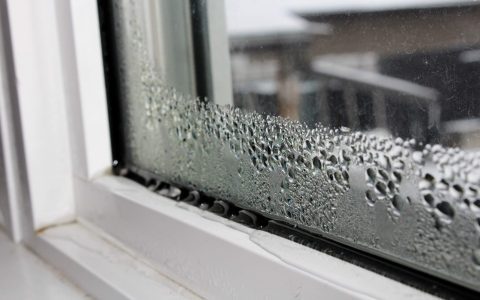Identifying the "quietest" air compressor involves focusing on models specifically engineered for low noise output, typically measured in decibels (dB). A lower dB rating signifies a quieter operation.
Key Factors Contributing to Quiet Operation
- Decibel Rating (dB): This is the most direct measure of noise. Compressors under 70 dB are considered quiet, with "ultra-quiet" or "silent" models often operating below 60 dB, some even reaching the 40-50 dB range.
- Motor Speed (RPM): Motors operating at lower revolutions per minute (RPM), often around 1600-1700 RPM compared to the standard 3000+ RPM, tend to produce less noise.
- Pump Design:
- Oil-Lubricated Pumps: Generally, oil-lubricated pumps run quieter and cooler than oilless designs due to the lubrication reducing friction and dampening sound.
- Dual-Piston Pump Design: Many quiet compressors utilize a dual-piston pump design, which can contribute to smoother and quieter operation.
- Enclosure and Sound Dampening: Some compressors feature sound-dampening enclosures or materials designed to absorb and reduce operational noise.
- Motor Type: Brushless motors can offer quieter operation compared to traditional brushed motors.
Types Often Marketed as Quiet
While any type can be engineered for quietness, certain categories are more frequently associated with low noise:
- "Silent" or "Ultra-Quiet" Series: Many manufacturers offer specific product lines designed for minimal noise, often targeting indoor use or noise-sensitive environments. These typically employ a combination of the factors mentioned above.
- Scroll Compressors: Inherently quieter than reciprocating piston compressors due to their continuous, smooth compression cycle. However, they are often larger and more expensive.
- Some Rotary Screw Compressors: While typically industrial, smaller rotary screw units can be very quiet, but they represent a higher investment.
What to Look For When Buying
Low dB Rating: Prioritize compressors explicitly stating a low decibel output (e.g., 50-65 dB for very quiet operation).
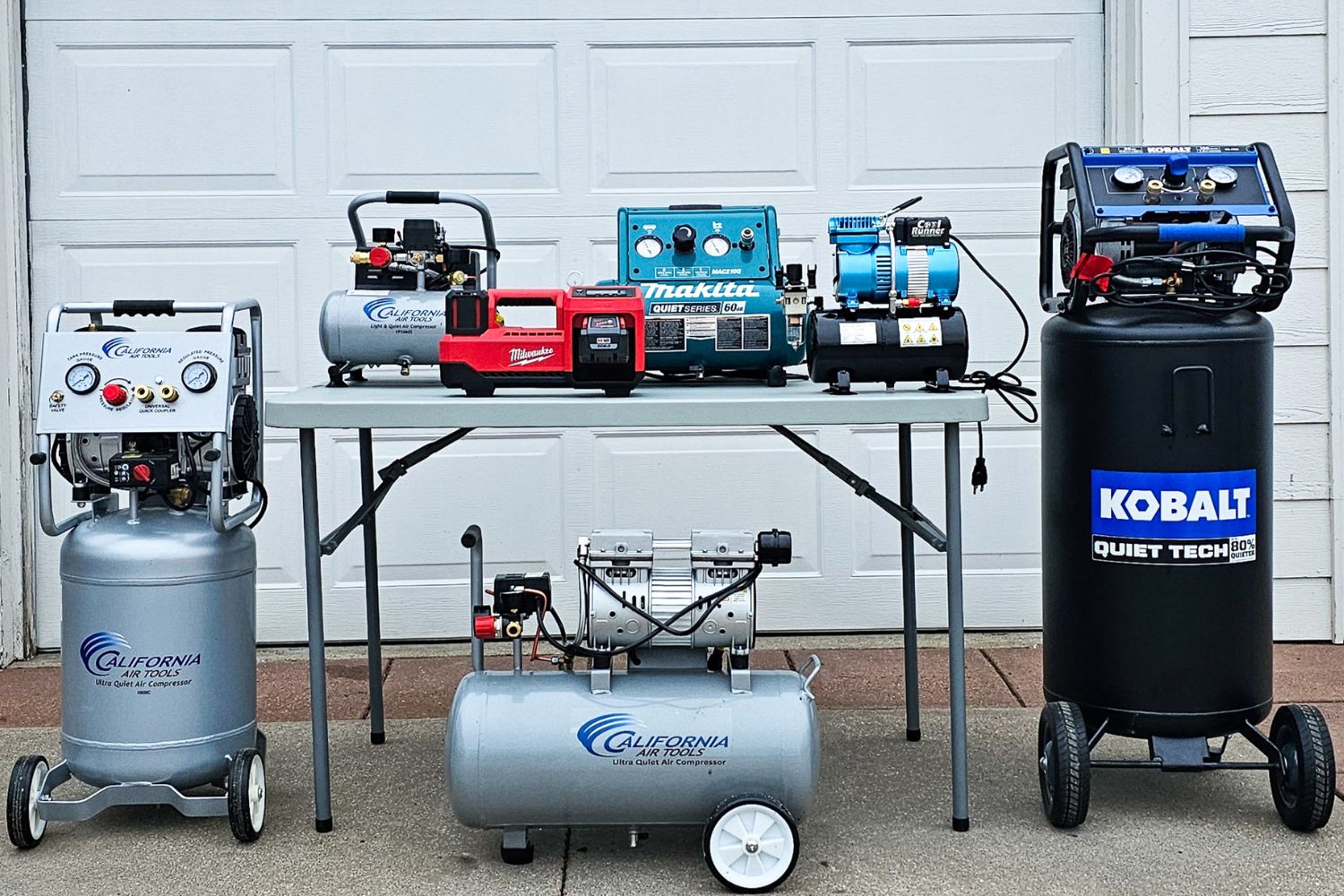
Low RPM Motor: Check the motor speed specifications.
Oil-Lubricated (if suitable for your needs): Consider if the maintenance of an oil-lubricated model is acceptable for its quieter performance.
Manufacturer Claims: Look for terms like "quiet," "silent," "low noise," but always verify with the actual dB rating.
Ultimately, the quietest air compressor for a specific user depends on their CFM and PSI requirements, budget, and tolerance for noise. Always check the manufacturer's specified decibel level as the primary indicator of its noise output.

